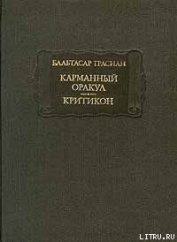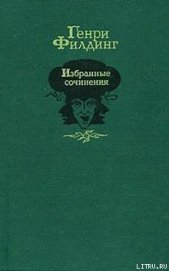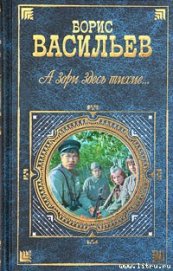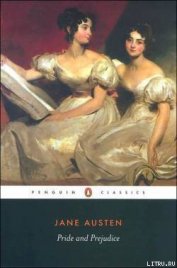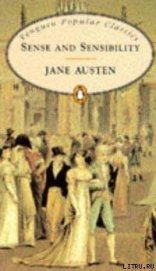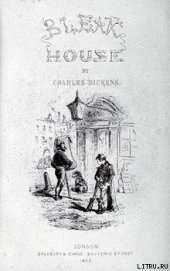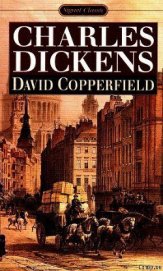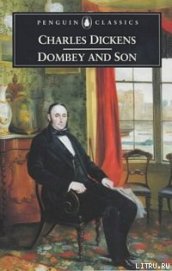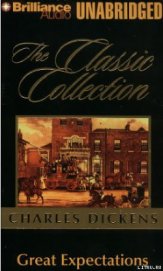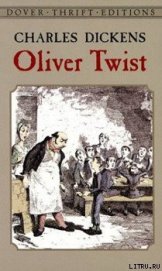Выбрать книгу по жанру
- Фантастика и Фэнтези
- Детективы и Триллеры
- Проза
- Приключения
- Детские
- Поэзия и драматургия
- Старинная литература
- Научно-образовательная
- Компьютеры и Интернет
- Справочная литература
- Документальная литература
- Религия и духовность
- Юмор
- Дом и Семья
- Деловая литература
- Жанр не определен
- Техника
- Прочее
- Драматургия
- Фольклор
- Военное дело
Поиск по метке: "Классическая проза", страница 2
Душа
-
Автор: Триоле Эльза
-
Жанр: Классическая проза
Серия : Нейлоновый век
-
Дата добавления: 17/03/2015
-
Языки книги: Русский
-
Кол-во страниц: 52
-
Просмотров: 431
Критикон
-
Автор: Грасиан Бальтасар
-
Жанр: Классическая проза
-
Дата добавления: 18/03/2015
-
Языки книги: Русский
-
Кол-во страниц: 170
-
Просмотров: 528
Концерт барокко
-
Автор: Карпентьер Алехо
-
Жанр: Классическая проза
-
Дата добавления: 18/03/2015
-
Языки книги: Русский
-
Кол-во страниц: 13
-
Просмотров: 708
История покойного Джонатана Уайлда великого
-
Автор: Филдинг Генри
-
Жанр: Классическая проза
-
Дата добавления: 18/03/2015
-
Языки книги: Русский
-
Кол-во страниц: 47
-
Просмотров: 646
А зори здесь тихие...
-
Автор: Васильев Борис Львович
-
Жанр: Военная проза
-
Дата добавления: 18/03/2015
-
Языки книги: Русский
-
Кол-во страниц: 25
-
Просмотров: 33424
Pride and Prejudice
-
Автор: Austen Jane
-
Жанр: Классическая проза
-
Дата добавления: 18/03/2015
-
Языки книги: Английский
-
Кол-во страниц: 87
-
Просмотров: 954
Sense and Sensibility
-
Автор: Austen Jane
-
Жанр: Классическая проза
-
Дата добавления: 18/03/2015
-
Языки книги: Английский
-
Кол-во страниц: 82
-
Просмотров: 785
Bleak House
-
Автор: Dickens Charles
-
Жанр: Классическая проза
-
Дата добавления: 18/03/2015
-
Языки книги: Английский
-
Кол-во страниц: 251
-
Просмотров: 602
David Copperfield
-
Автор: Dickens Charles
-
Жанр: Классическая проза
-
Дата добавления: 18/03/2015
-
Языки книги: Английский
-
Кол-во страниц: 241
-
Просмотров: 623
Dombey and Son
-
Автор: Dickens Charles
-
Жанр: Классическая проза
-
Дата добавления: 18/03/2015
-
Языки книги: Английский
-
Кол-во страниц: 247
-
Просмотров: 799
Great Expectations
-
Автор: Dickens Charles
-
Жанр: Классическая проза
-
Дата добавления: 18/03/2015
-
Языки книги: Английский
-
Кол-во страниц: 128
-
Просмотров: 612
Oliver Twist
-
Автор: Dickens Charles
-
Жанр: Классическая проза
-
Дата добавления: 18/03/2015
-
Языки книги: Английский
-
Кол-во страниц: 112
-
Просмотров: 557


